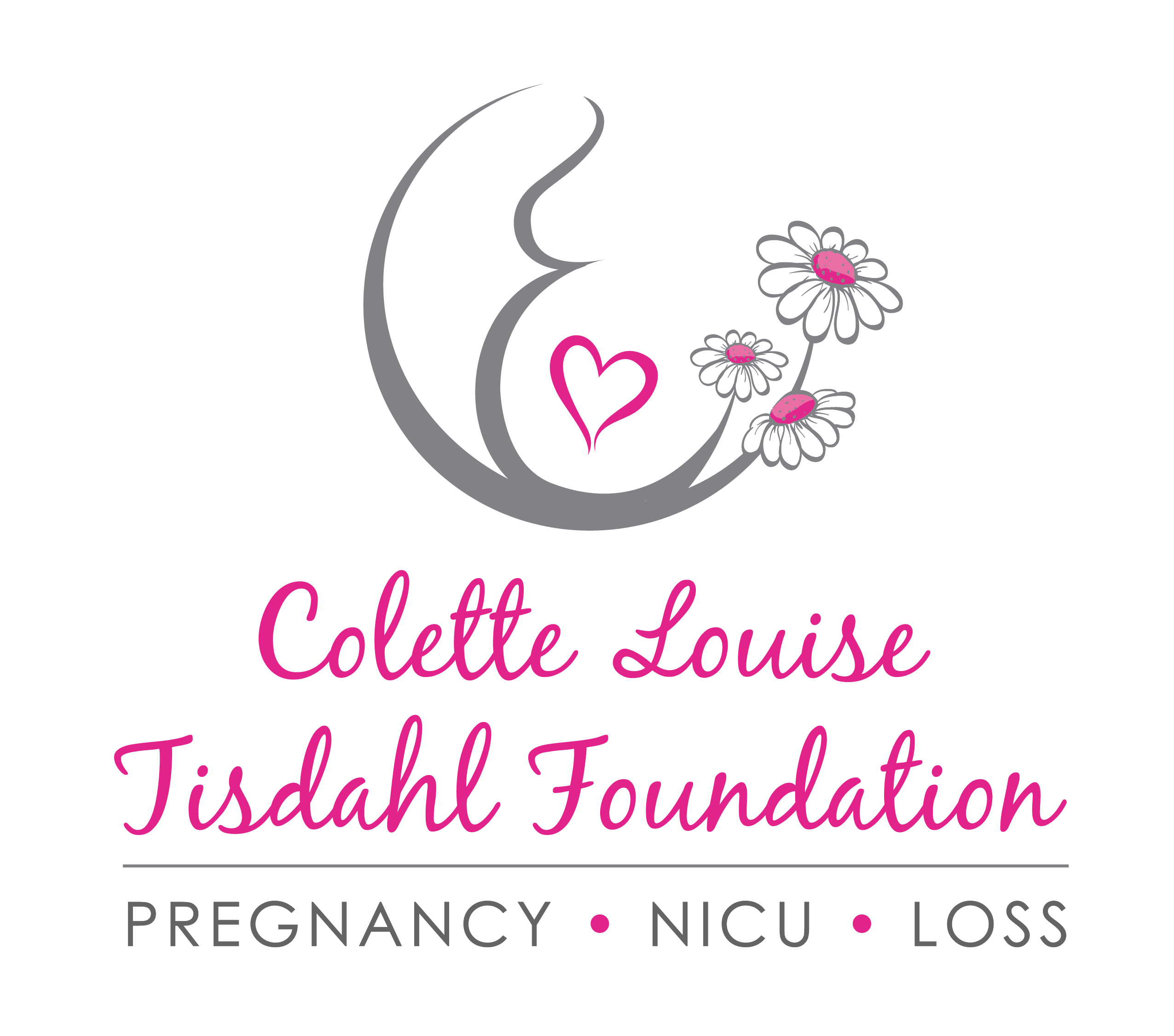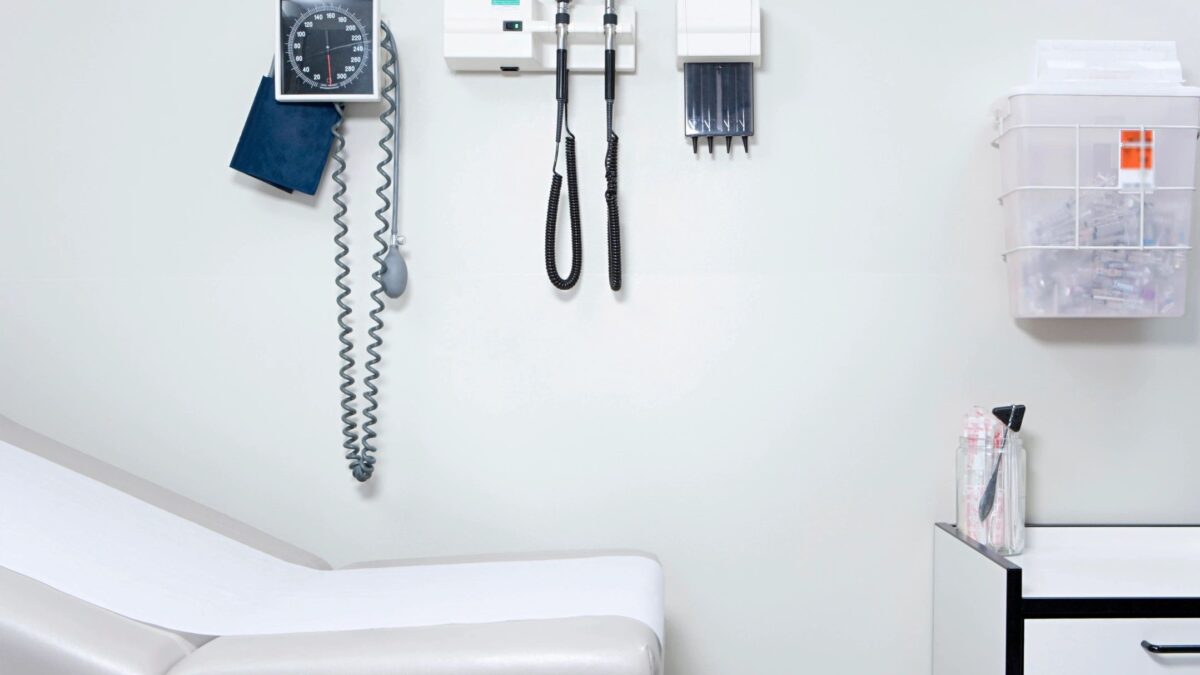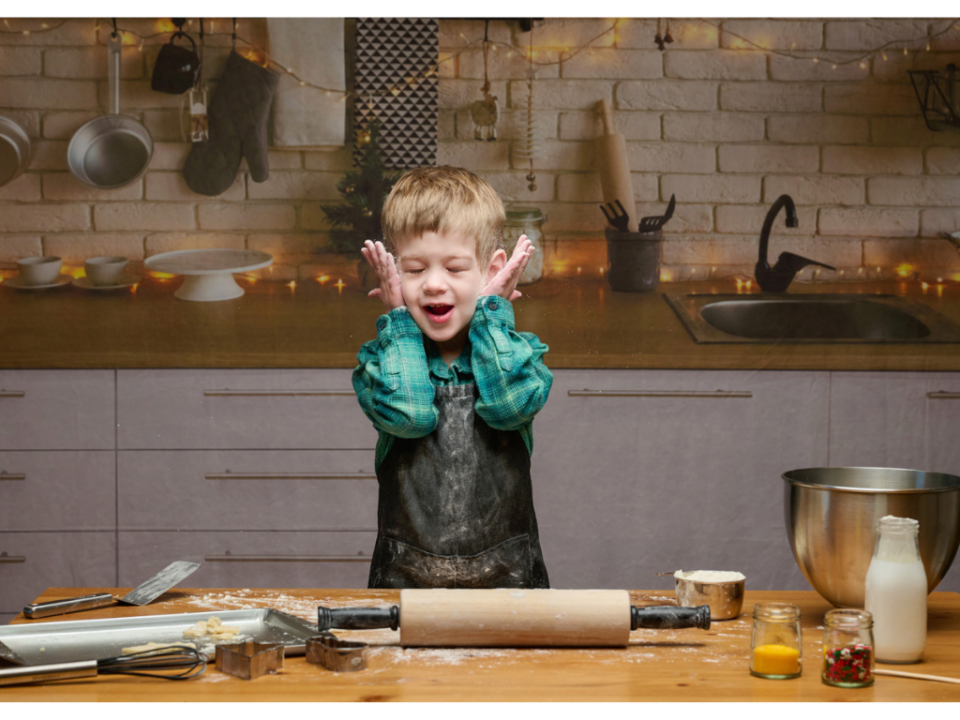
Rockstar Parents: Parijat Deshpande
August 20, 2024
Racial Inequities in Health
November 24, 2024This decision was officially released within the week of the Dobbs decision overturning long-standing precedent set forth in Roe v Wade. Due to an unforeseen website crash, it was lost and has now been saved and is once again on our site.
The Supreme Court decision in the Dobbs case which overturned Roe v Wade has definitely affected us. We have always been pro-choice and strongly believe in an 𝒊𝒏𝒅𝒊𝒗𝒊𝒅𝒖𝒂𝒍 𝒂𝒏𝒅 𝒇𝒂𝒎𝒊𝒍𝒚'𝒔 𝒄𝒉𝒐𝒊𝒄𝒆 regarding pregnancy and fertility. We know that any decision to terminate a pregnancy, regardless of the reason, is not an easy decision and we should not be making these decisions harder for anyone. Regardless of personal feelings that we each may have regarding abortion, it is still a form of healthcare and one that should be made by the pregnant person and whoever they want to include in the decision, not by the government.
Moreover, in a world where the chances of dying in pregnancy, childbirth, and postpartum is higher than it was a generation ago, we cannot condone actions that would force pregnant people to go forward with potentially dangerous pregnancies. Especially for Black women who already are dying at three to four times the rate of white women, this is a dangerous precedent that will 𝐤𝐢𝐥𝐥 𝐦𝐨𝐫𝐞 𝐦𝐨𝐦𝐬. That is what our leaders should be most worried about--how to save pregnant people because 𝐩𝐫𝐞𝐠𝐧𝐚𝐧𝐜𝐲 𝐬𝐡𝐨𝐮𝐥𝐝 𝐧𝐨𝐭 𝐛𝐞 𝐚 𝐝𝐞𝐚𝐭𝐡 𝐬𝐞𝐧𝐭𝐞𝐧𝐜𝐞 and it is for way too many in the United States.
We do not believe that personal beliefs should dictate the actions of government and we have always encouraged the families we help to be active in their personal and family's care and in the services we provide. We continue to echo this need in all aspects of our healthcare system.
The future implications of what this decision means affect a lot of other decisions. While we personally are blessed to live in Illinois, a safe state committed to protecting the right to choose, we know that for most of the country, this is not their reality. We also know that these restrictions can affect treatment for miscarriage, etopic pregnancies, IVF, and more and will continue to fight for change to protect all of these rights.
We are sad, worried, and angry. We will 𝐜𝐨𝐧𝐭𝐢𝐧𝐮𝐞 𝐭𝐨 𝐟𝐢𝐠𝐡𝐭 as we always have and will continue to share ways you can advocate as well. We call on our elected officials at all levels to advocate and push for legislation to preserve the very rights that SCOTUS tore away with Dobbs that will continue to be stripped.
Michelle and Mark
The Supreme Court decision in the Dobbs case which overturned Roe v Wade has definitely affected us. We have always been pro-choice and strongly believe in an 𝒊𝒏𝒅𝒊𝒗𝒊𝒅𝒖𝒂𝒍 𝒂𝒏𝒅 𝒇𝒂𝒎𝒊𝒍𝒚'𝒔 𝒄𝒉𝒐𝒊𝒄𝒆 regarding pregnancy and fertility. We know that any decision to terminate a pregnancy, regardless of the reason, is not an easy decision and we should not be making these decisions harder for anyone. Regardless of personal feelings that we each may have regarding abortion, it is still a form of healthcare and one that should be made by the pregnant person and whoever they want to include in the decision, not by the government.
Moreover, in a world where the chances of dying in pregnancy, childbirth, and postpartum is higher than it was a generation ago, we cannot condone actions that would force pregnant people to go forward with potentially dangerous pregnancies. Especially for Black women who already are dying at three to four times the rate of white women, this is a dangerous precedent that will 𝐤𝐢𝐥𝐥 𝐦𝐨𝐫𝐞 𝐦𝐨𝐦𝐬. That is what our leaders should be most worried about--how to save pregnant people because 𝐩𝐫𝐞𝐠𝐧𝐚𝐧𝐜𝐲 𝐬𝐡𝐨𝐮𝐥𝐝 𝐧𝐨𝐭 𝐛𝐞 𝐚 𝐝𝐞𝐚𝐭𝐡 𝐬𝐞𝐧𝐭𝐞𝐧𝐜𝐞 and it is for way too many in the United States.
We do not believe that personal beliefs should dictate the actions of government and we have always encouraged the families we help to be active in their personal and family's care and in the services we provide. We continue to echo this need in all aspects of our healthcare system.
The future implications of what this decision means affect a lot of other decisions. While we personally are blessed to live in Illinois, a safe state committed to protecting the right to choose, we know that for most of the country, this is not their reality. We also know that these restrictions can affect treatment for miscarriage, etopic pregnancies, IVF, and more and will continue to fight for change to protect all of these rights.
We are sad, worried, and angry. We will 𝐜𝐨𝐧𝐭𝐢𝐧𝐮𝐞 𝐭𝐨 𝐟𝐢𝐠𝐡𝐭 as we always have and will continue to share ways you can advocate as well. We call on our elected officials at all levels to advocate and push for legislation to preserve the very rights that SCOTUS tore away with Dobbs that will continue to be stripped.
Michelle and Mark
Where Reproductive Rights Currently Stand
- 47% of healthcare professionals have seen increased patient stress related to reproductive healthcare post-Dobbs
- Women of color are twice as likely to face barriers to abortion care compared to white women
- 45% of Americans say abortion restrictions make the U.S. a worse place for women
- 22% higher unemployment rates are found among women denied an abortion
- $1.3 billion annually is the estimated cost to Medicaid for childbirth and infant care in states with abortion bans
- Women denied an abortion are four times more likely to live below the federal poverty level after being denied care
- Maternal mortality rates increased by 40% in states with the most restrictive abortion laws
- Unsafe abortions increase by 23% in countries with strict abortion laws



